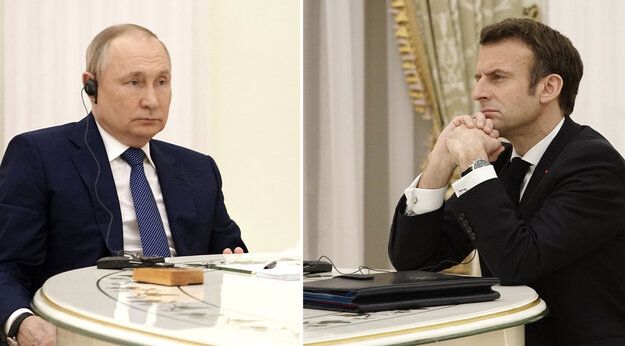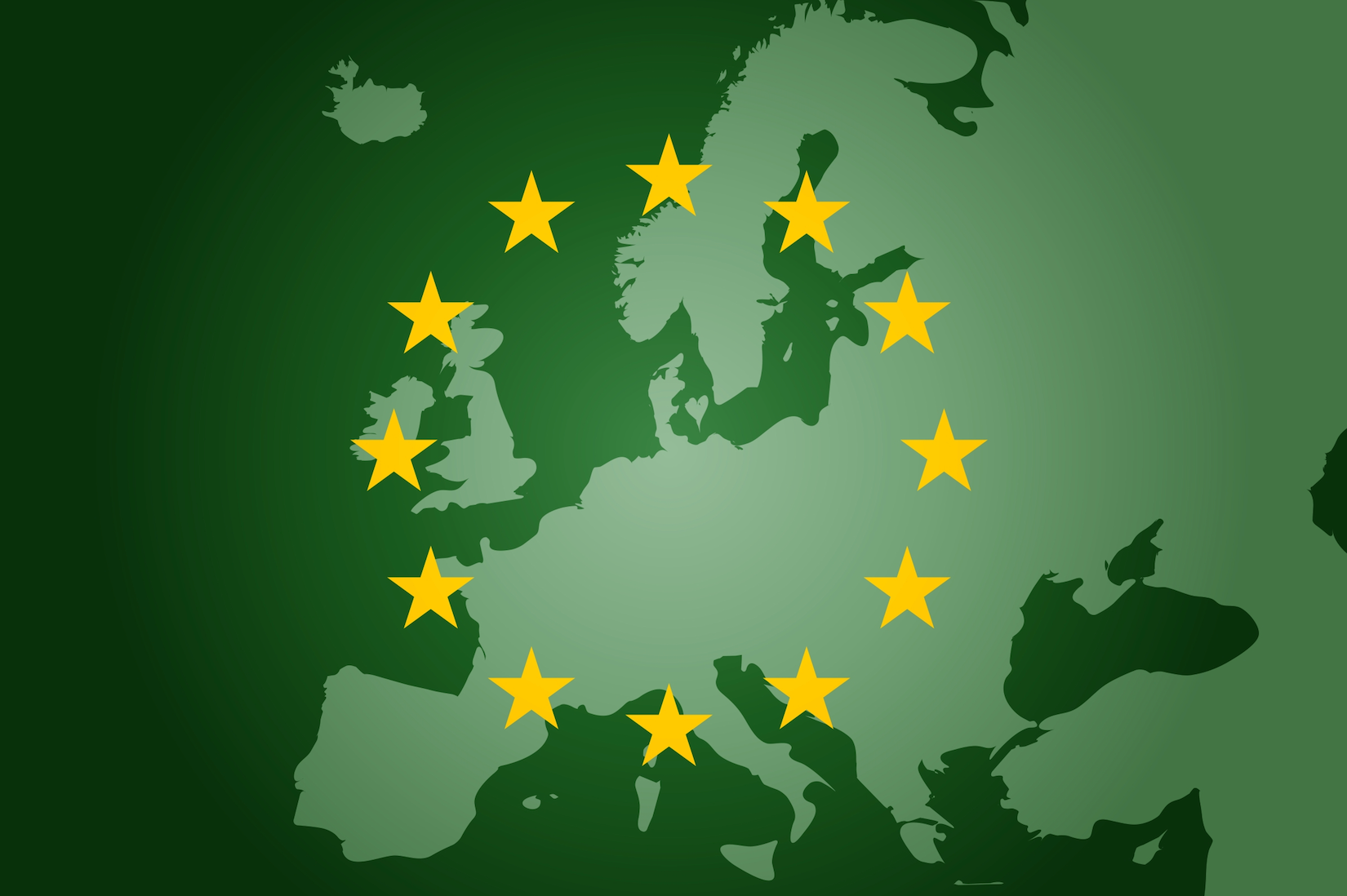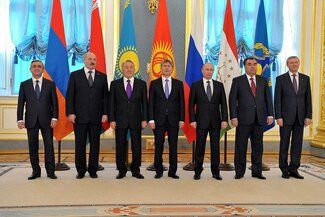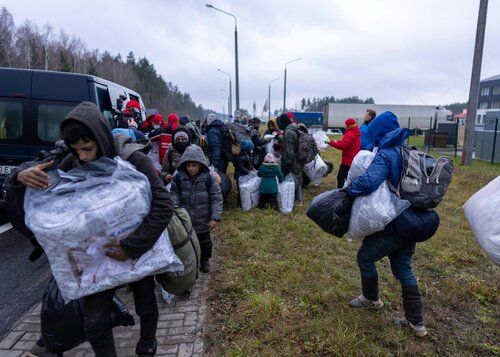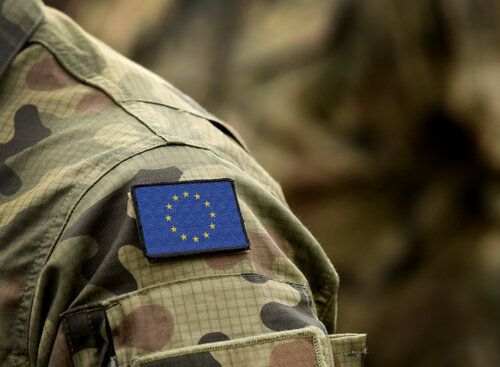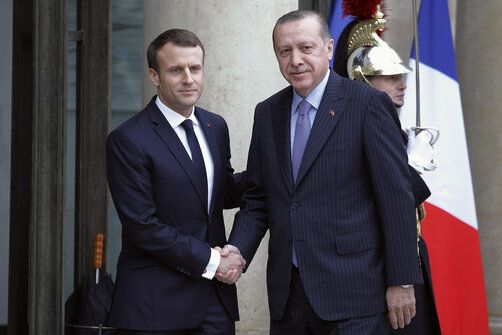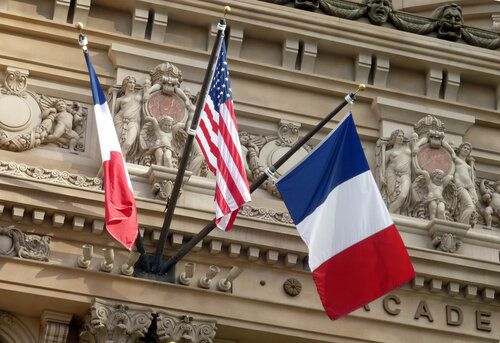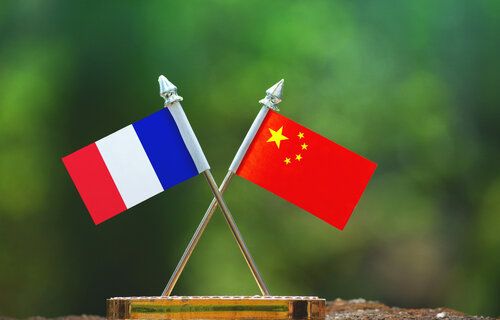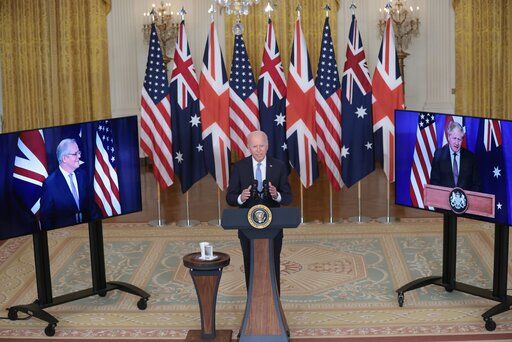The European Union (EU), one of the world’s biggest emitters of greenhouse gases, has long hoped to “lead by example.” This strategy is showing its limitations, as the implementation of the Paris Climate Agreement is resulting in national commitments that differ widely in their ambitions and in the delivery of government policies. With the launch of the European Green Deal at the end of 2019, the EU has taken a decisive turn. It is continuing to work for an upturn in collective efforts at COP summits, but it also wants to build a climate policy that is fully consistent with its economic interests, without waiting for a uniform global solution. The Green Deal, at the heart of the von der Leyen Commission’s mandate, is a promise to “reinvent” Europe’s growth model from the perspective of climate preservation and the efficient and sustainable use of natural resources. The war in Ukraine strengthens the case for ending the dependency on fossil fuels imports, but it is also a risk for the implementation of the Green Deal because soaring energy prices are undermining private funding capacities.
An Unprecedented Institutional Challenge
The European ambition is to achieve a net reduction of 55 percent in greenhouse gases, compared with 1990 levels, by 2030. The efforts made in recent years have certainly led to significant progress (a reduction of 24 percent between 1990 and 2019), but what is now required is to move away from an incremental approach toward a systemic one. In less than a decade, the EU has to accelerate all the projects that have already begun, for example in energy efficiency and the decarbonization of the electricity industry, and at the same time undertake a radical transformation of the transport, industry, and agriculture sectors. It is a race against time and, above all, an unprecedented institutional challenge. Two huge steps have already been taken: a mechanism of EU loans to support economic recovery, and the earmarking of a significant proportion of these funds for the protection of the environment and the digital transition. EU legislators are now facing the critical task of adopting climate policies that will not exacerbate but reduce current threats weighing on the security of supply, competitiveness, and power purchase.
France's Key Role
France has played a key role in raising the EU’s climate ambitions, in line with its steady commitment to climate protection at the multilateral level. Now that a European consensus has been established, France will need to show the same level of commitment in the practical application of the new objectives for 2030. Everything now hangs on having the right linkage between the European level and the national level, because Paris cannot argue for ambitious European reforms without at the same time advancing the French debate on energy and climate policy and highlighting tangible results. Crucial choices will have to be made on controlling energy consumption, renewing its decarbonized electricity production facilities, supporting all stakeholders for a socially fair transition, and assisting industries in transitioning toward low carbon solutions. European legislation can set the course and provide an enabling framework for each of these projects, but it will have to be accompanied by a robust national policy, otherwise it will be impossible to make the investments rapidly enough.
A Strategic Vision for the Low-Carbon Transition
The European Green Deal must amount to more than a heap of directives and regulations, however. It must also sketch out a strategic vision for the low-carbon transition. France needs to continue to encourage debate on European industrial policy, to avoid dependence on imported fossil fuels being replaced by dependence on technologies and raw materials controlled by commercial competitors. Europe is facing the need for a formidable amount of investment, which will require unprecedented recourse to public finance, and some flexibility will therefore need to be retained in the application of budgetary rules after 2022, for the sake of climate protection and energy security. On this topic, as on that of making trade conditional on European climate standards, it will be tricky to find the right balance: not giving in to the temptations of protectionism, while allowing Europe to aim for climate neutrality without compromising the resilience of its energy and industrial model.

